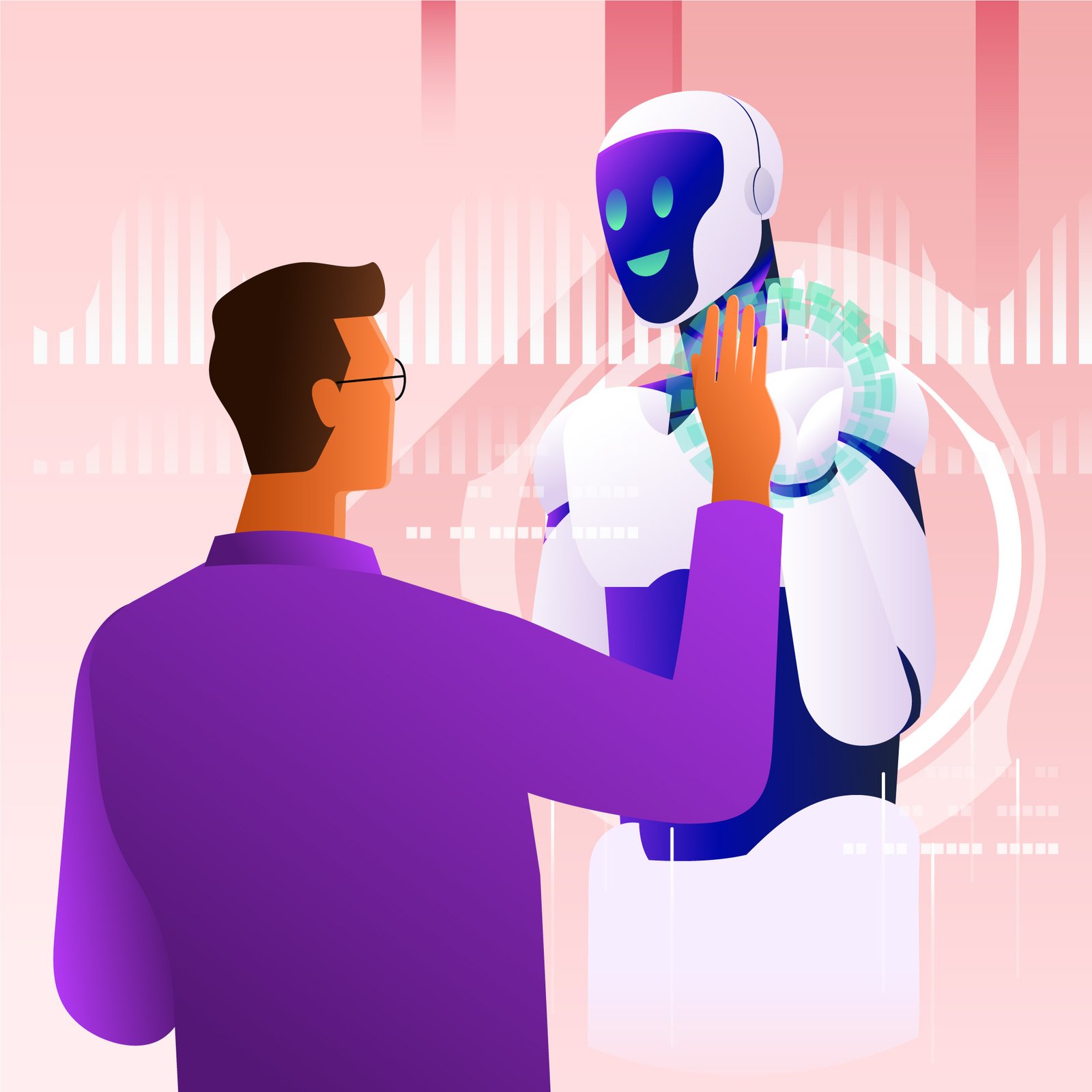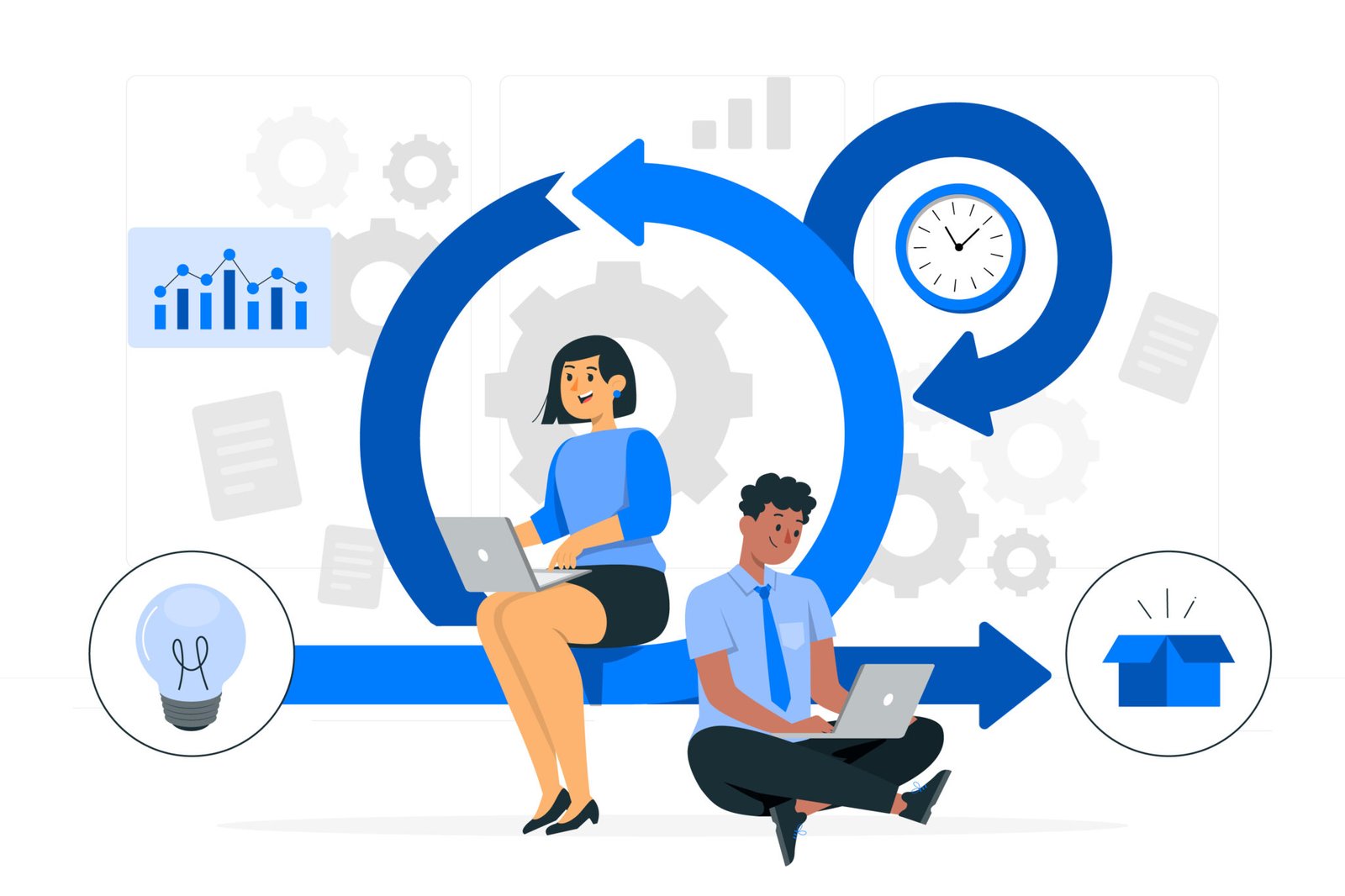


Long-Tail Keywords: Target Lower-Competition Phrases and Attract Qualified Visitors
April 7, 2025
Read MoreThe software development landscape is evolving rapidly, driven by technological advancements, changing consumer expectations, and increasing automation. As businesses seek innovative solutions, the role of a software development company has never been more critical. This blog explores key trends shaping the future of software development and what businesses need to do to stay ahead in 2025 and beyond.
Artificial Intelligence (AI) and Machine Learning (ML) are revolutionizing software development. AI-powered tools are automating code generation, testing, and even debugging, significantly reducing development time. Companies leveraging AI can enhance user experiences, streamline operations, and gain a competitive edge.

The demand for faster software solutions has given rise to low-code and no-code development platforms. These technologies enable businesses to build applications with minimal coding expertise, empowering non-developers to contribute to software creation.

Cloud computing continues to dominate the software development industry, offering scalable, cost-effective, and flexible solutions. The shift towards serverless computing is also gaining traction, allowing developers to focus on writing code while cloud providers handle infrastructure management.

With increasing cyber threats, cybersecurity remains a top priority for any software development company. Secure coding practices, AI-driven threat detection, and regulatory compliance (such as GDPR) are essential to protect user data.

Blockchain technology is transforming industries by providing decentralized, transparent, and secure solutions. Businesses are exploring decentralized applications (DApps) for finance, supply chain management, and identity verification.

With mobile usage continuously growing, businesses are prioritizing mobile-first development. Progressive Web Apps (PWAs) offer an app-like experience without requiring users to download a traditional app, improving accessibility and engagement.

Agile and DevOps practices are reshaping software development by promoting continuous integration, faster deployment, and better collaboration between teams. Companies adopting DevOps can ensure high-quality software releases with minimal downtime.

The future of software development is being shaped by AI, cloud computing, cybersecurity, and emerging technologies like blockchain. Businesses must adapt to these trends to remain competitive. Partnering with a reliable software development company ensures access to cutting-edge solutions that drive innovation and growth.